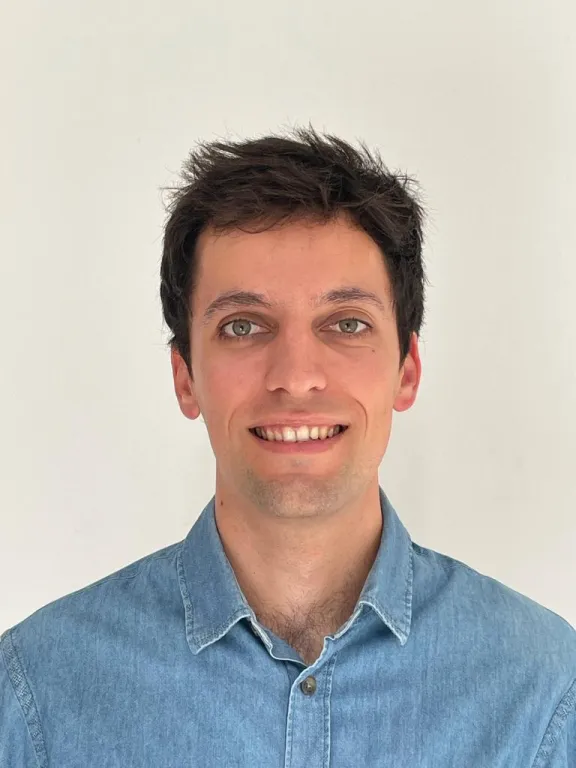François Rousset Deciphering the defense arsenal of bacteria hiding in their genome
François Rousset, post-doctoral fellow in microbiology under the supervision of Rotem Sorek, Weizmann Institute of Science, Rehovot, Israel
- 2021 • Bettencourt Prize for Young Researchers

François Rousset, post-doctoral fellow in microbiology, received the 2021 Bettencourt Young Researchers Prize for his work on prophages.
When viruses attack bacteria
Phages are bacterial viruses considered the most abundant biological entities on Earth. They have infected bacteria for billions of years, prompting the emergence of defense strategies.
The genes containing the information to build the defense systems are in specific areas of the bacteria's DNA.
While humans have used many of these ingenious defense strategies for research and development purposes, many have yet to be discovered or decoded.
The hidden defense systems of bacteria
In Rotem Sorek's laboratory at the Weizmann Institute of Science, Dr. Rousset will study defense systems hiding in other parts of the bacterial genome: prophages.
Prophages are remnants of phage DNA that have been evolutionarily integrated into bacterial DNA. The attacker supplied some defense weapons, which the attacked integrated into its arsenal.
Dr. Rousset will try to decode these hidden defense systems by using bioinformatics to study all the bacterial genomes available in genomic databases. After identifying the anti-phage weapons, he will study them to understand the bacterial response to infection better.
François Rousset in a few words
François Rousset graduated from AgroParisTech and the École Normale Supérieure de Paris and received a master's degree in microbiology from the Museum National d'Histoire Naturelle and the Sorbonne in 2017.
During his PhD work under the supervision of David Bikard at the Pasteur Institute, Dr. Rousset used the CRISPR-Cas system to understand which genes are essential to bacteria, without which they could not live.
CRISPR-Cas is a natural defense system used by bacteria that has received a lot of attention in recent years as it has become an essential biotechnological tool for studying the genome of different organisms. Dr. Rousset uses CRISPR-Cas to block the reading of thousands of genes, one gene at a time in each bacterium, to identify those that prevent their reproduction or defense against phages.
CRISPR-Cas has also allowed him to observe that strains of the same bacterial species do not have the same essential genes, leading to the discovery of unsuspected systems allowing bacteria to adapt to their environment.
During his post-doctoral fellowship at the Weizmann Institute of Science in Israel, Dr. Rousset will learn more about the array of bacterial defense systems.
Bettencourt Prize for Young Researchers
Created in 1990, the Bettencourt Prize for Young Researchers is one of the first initiatives of the Fondation Bettencourt Schueller. Until 2021, this prize was awarded each year to 14 young doctors of science or doctors of medicine, to enable them to carry out their post-doctoral stay in the best foreign laboratories. 349 young researchers were distinguished. The prize endowment was €25,000.
All the award-winners